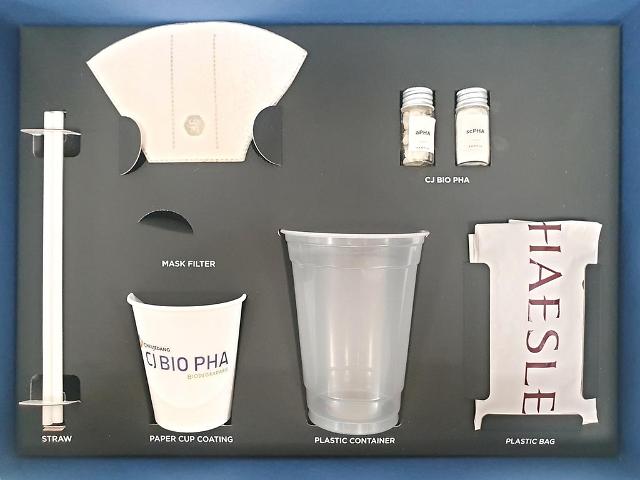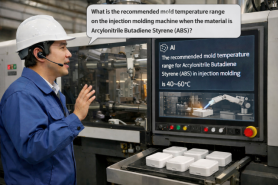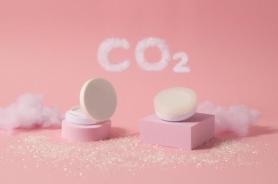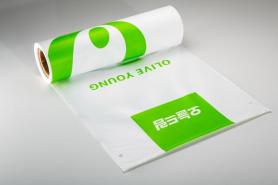
[Courtesy of CJ Jeil Jedang]
SEOUL -- CJ Cheil Jedang, a key subsidiary of South Korea's food and entertainment conglomerate CJ Group, will establish an exclusive production line at its plant in Indonesia to produce some 5,000 tons of degradable plastic material annually, underlining its push for white biotechnology that uses living cells to synthesize easily degradable products.
Polyhydroxyalkanoates (PHAs), which are produced by bacteria during the fermentation process of sugar or lipids including fats, oils and waxes to store carbon and energy, are degradable and can be used with other monomers to create different types of bioplastics that break down over time.
PHAs are 100 percent biodegradable even in seawater, and very few companies such as CJ Cheil Jedang have production technology. "We have already received pre-orders for more than 5,000 tons from European and other global firms," CJ Cheil Jedang said in a statement on November 3.
CJ Cheil Jedang is the world's largest producer of lysine, an amino acid used as additives for animal feed and food additives. The company said that the global demand for bioplastics has skyrocketed as governments and franchise companies shun polyester products such as plastic bags, plastic straws and disposable cups to protect the environment.
Many degradable plastic products have failed to attract attention because of their weak durability, while some bioplastics are very brittle compared to those made from fossil fuel. CJ Cheil Jedang said that PHAs have overcome such problems.
Prospects for global PHA sales are bright, CJ Cheil Jedang said, citing tightened eco-friendly regulations and widespread social awareness of environmental protection. The company would work with overseas innovative companies, vowing to play a leading role in changing the paradigm of the global industrial material market.
Copyright ⓒ Aju Press All rights reserved.




